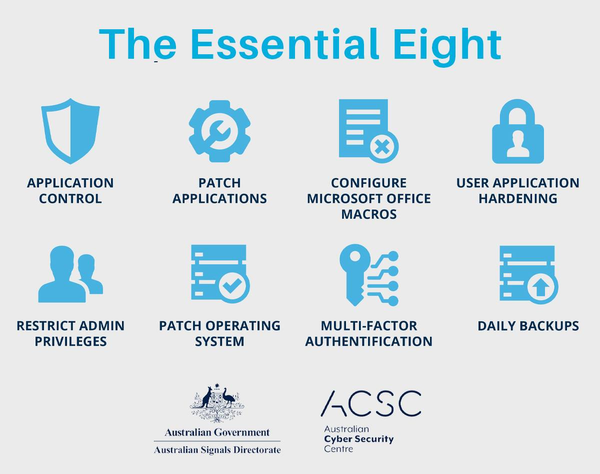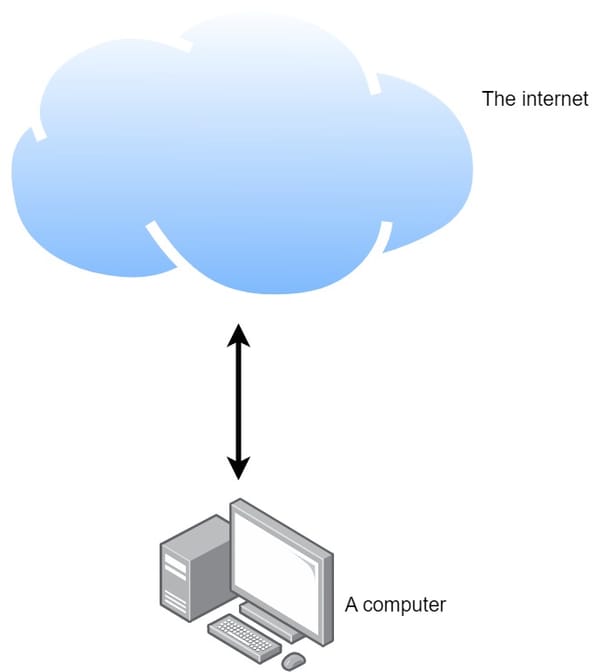Password Managers

Introduction:
In an age where digital security is paramount, the use of password managers has become a common practice to keep our online identities and sensitive information safe. As users seek the ideal password manager, it's crucial to understand the differences, advantages, and disadvantages of popular options like LastPass, Bitwarden, and the self-hosted alternative Vaultwarden.
- LastPass: The Pioneer in Convenience:Pros:Cons:
- User-Friendly Interface: LastPass is renowned for its user-friendly interface, making it easy for both tech-savvy users and those new to password managers.
- Cross-Platform Compatibility: Seamless integration across multiple platforms and devices ensures accessibility wherever you go.
- Secure Password Sharing: LastPass allows users to securely share passwords with trusted contacts, facilitating collaborative efforts.
- Cloud Dependency: The reliance on cloud storage for password storage may raise concerns for users who prioritize self-hosting or are wary of potential cloud vulnerabilities.
- Limited Free Features: While LastPass offers a free version, some advanced features are reserved for premium subscribers.
- Bitwarden: Open Source Freedom:Pros:Cons:
- Open Source: Bitwarden is open-source, meaning its code is transparent and accessible for scrutiny, fostering a sense of trust among privacy-conscious users.
- Self-Hosting Option: For users seeking complete control, Bitwarden allows self-hosting, enabling individuals to manage their own servers and data storage.
- Cross-Platform Syncing: Similar to LastPass, Bitwarden supports cross-platform syncing, ensuring your passwords are available on all your devices.
- Slightly Steeper Learning Curve: While user-friendly, Bitwarden might have a slightly steeper learning curve compared to more straightforward options like LastPass.
- Free Version Limitations: Some advanced features, such as secure file storage and additional two-step login options, are reserved for premium users.
- Vaultwarden: Empowering Self-Hosting Enthusiasts:Pros:Cons:
- Full Control: Vaultwarden, a self-hosted fork of Bitwarden, provides users with complete control over their password data, minimizing reliance on third-party servers.
- Customization Options: Users can customize their instance of Vaultwarden according to their specific security needs and preferences.
- Community Support: Being open-source and community-driven, Vaultwarden benefits from ongoing support and improvements from a dedicated user base.
- Technical Complexity: Self-hosting requires technical know-how and ongoing maintenance, making it less suitable for users who prefer a plug-and-play solution.
- Lack of Official Support: While community support is robust, users may miss the official support channels that come with commercial options like LastPass.
Conclusion:
Choosing the right password manager involves understanding your priorities and preferences. LastPass is the epitome of convenience, Bitwarden embraces openness and self-hosting, while Vaultwarden provides complete autonomy for those who prioritize self-hosting. Each option has its strengths and weaknesses, so it's essential to weigh these factors against your own priorities in terms of security, convenience, and control. Regardless of your choice, adopting a password manager is a crucial step towards fortifying your digital defenses in an ever-evolving landscape of online threats.




